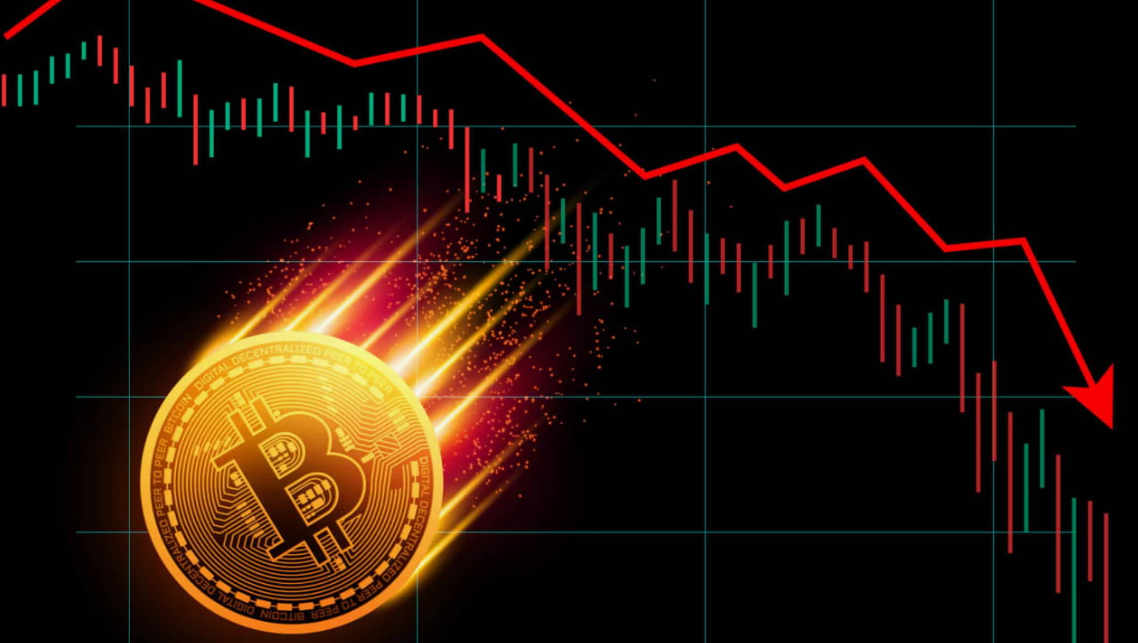Trading is a wild ride, right? With the markets buzzing and changing faster than a cat on a hot tin roof, having the right data at your fingertips can make all the difference. In today’s fast-paced world, the importance of data in modern trading can’t be overstated. If you’re in the trading game, you already know that information is key. So, let’s dive in and explore why data is so crucial and how it can help you navigate the choppy waters of financial markets.
Why Data Matters in Trading
Alright, let’s get straight to the point. Data is the backbone of trading. It’s like the air we breathe—without it, we can’t make smart decisions. Here are a few reasons why data is important in trading:
- Informed Decisions: Data helps traders make decisions based on facts rather than feelings. It’s like using a map instead of guessing your way through a maze.
- Market Trends: Understanding market trends is essential. Data gives you insights into what’s happening in the market. Is a currency on the rise or falling like a rock? Data helps you find out.
- Risk Management: Data allows traders to manage risk effectively. By analyzing data, you can identify potential risks and develop strategies to mitigate them.
- Real-Time Insights: In trading, timing is everything. Access to real-time data means you can react to changes in the market instantly, giving you a competitive edge.
- Performance Tracking: Using data, traders can track their performance over time. This helps them figure out what works and what doesn’t, allowing them to improve their strategies.
Types of Data Traders Use
There are different kinds of data out there that traders rely on. Let’s break it down:
1. Market Data
This includes current prices of assets, trading volumes, and order book information. It’s like a snapshot of what’s happening in the market right now.
2. Historical Data
Historical data shows past prices and trends. It helps traders analyze patterns over time and predict future movements. Think of it as the history book of trading.
3. News Data
News can affect the market dramatically. Data from reliable news sources can alert traders to economic events, geopolitical tensions, or any other happenings that might influence trading.
4. Economic Indicators
These are statistics about economic activity, like unemployment rates, inflation, and GDP growth. Traders use this data to gauge the health of an economy and make predictions.
5. Sentiment Data
Sentiment data reflects how traders feel about the market. It can be gathered from social media, forums, and other platforms. Understanding sentiment can help you predict market movements based on emotions.
How to Use Data Effectively
Alright, you’ve got the data. Now what? Here’s how you can make the most of it:
1. Set Clear Goals
Before diving into the data, know what you want to achieve. Are you looking to make short-term trades, or are you in it for the long haul? Setting clear goals will help you focus on the right data.
2. Choose the Right Tools
There are tons of tools and platforms out there that provide access to market data. FXpricing is a great example. It offers real-time data, historical trends, and a bunch of tools for analysis. Find the one that fits your needs best.
3. Stay Updated
Market conditions can change in a heartbeat. Make sure you’re using platforms that provide real-time data and alerts. Being in the loop can save you from missing out on opportunities.
4. Analyze and Interpret
Data is only as good as the analysis behind it. Take the time to analyze the data and understand what it means for your trading strategy. Use charts, graphs, and other visualization tools to make sense of the numbers.
5. Test Your Strategies
Once you’ve got your data and analysis, test your trading strategies in a demo account first. This will give you a chance to see how they perform without risking real money.
6. Learn from Mistakes
Every trader makes mistakes. Use your data to learn from them. Look back at your trades and analyze what went wrong or right. This is key to improving your trading skills.
Real-Life Example
Let’s say you’re a trader looking at the forex market. You notice that the Euro is strengthening against the Dollar. By using FXpricing’s real-time data, you can see the exact moment the Euro gains momentum. This info allows you to jump in quickly before the price spikes.
A Personal Touch
I remember when I first started trading. I relied too much on gut feeling and not enough on data. I’d make trades based on news headlines without really understanding the market behind them. It wasn’t until I started using historical and real-time data that my trading game changed. Now, I feel more confident and make informed decisions, which has really helped my profits.
Conclusion
In the modern trading landscape, data isn’t just important; it’s essential. It empowers traders with the knowledge they need to make informed decisions, manage risks, and seize opportunities in real-time. Whether you’re a financial analyst, trader, educator, or researcher, understanding the importance of data in trading can give you a competitive edge.
Remember, the key is to stay informed and use the right tools. With platforms like FXpricing, you can access the data you need to thrive in today’s fast-paced markets. So, get out there, analyze that data, and start building a winning trading strategy!
FAQs
Q1: Why is data important in trading?
A1: Data helps traders make informed decisions, understand market trends, manage risks, and track performance.
Q2: What types of data should traders use?
A2: Traders should use market data, historical data, news data, economic indicators, and sentiment data to make informed decisions.
Q3: How can I use data effectively in trading?
A3: Set clear goals, choose the right tools, stay updated, analyze and interpret the data, test your strategies, and learn from your mistakes.
Q4: What tools can I use to access trading data?
A4: There are various tools available, including FXpricing, which provides real-time and historical data, analysis tools, and customizable dashboards.Q5: Can data help me predict market movements?
A5: Yes, analyzing data, especially historical data, can help traders identify patterns and trends, which can assist in predicting future market movements.




